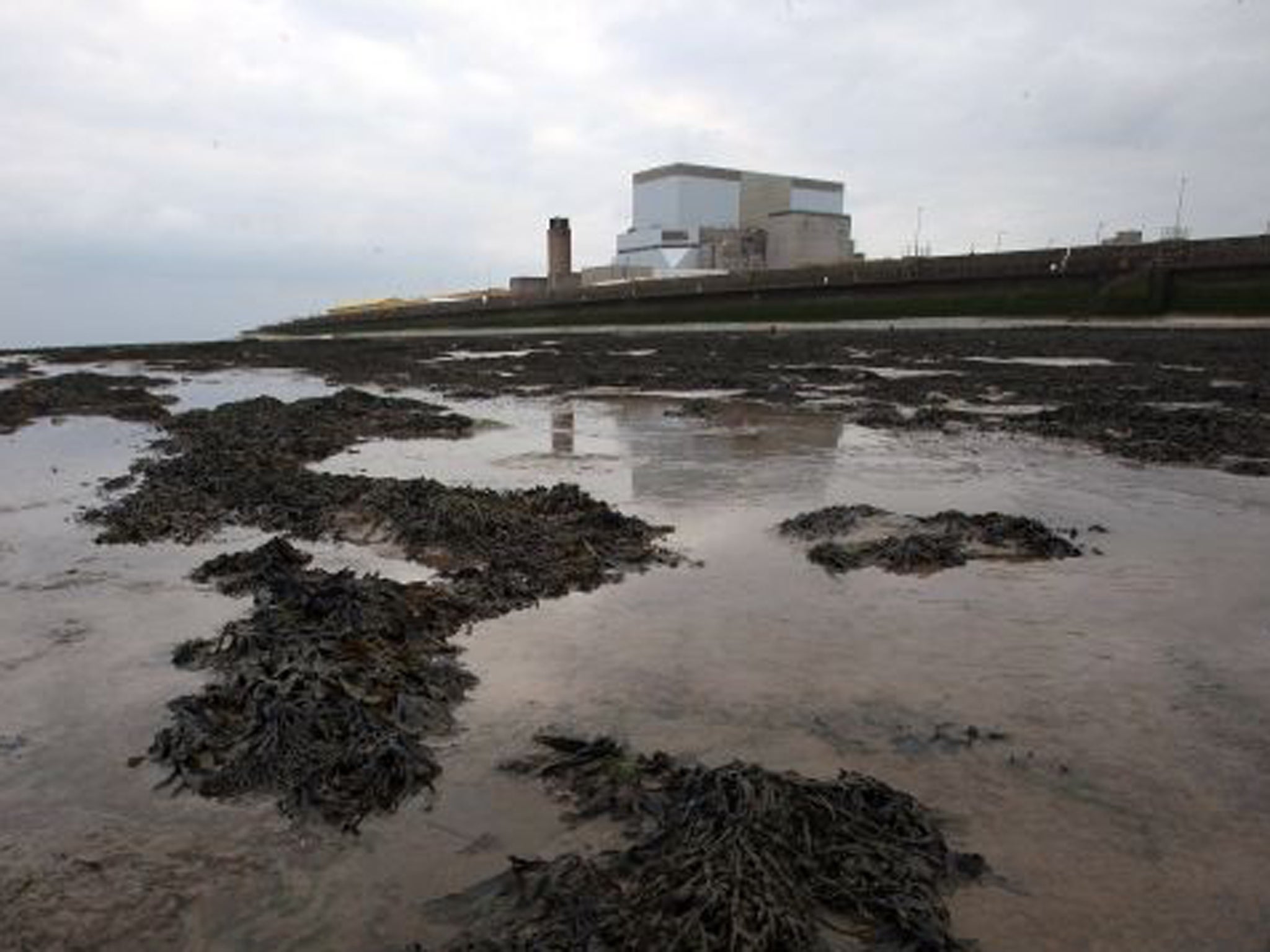Hinkley Point: Britain's second nuclear age given green light as planning permission is approved for first of new generation atomic power stations
Plant would have two nuclear reactors capable of producing seven per cent of the UK's electricity

Britain’s second nuclear age began when planning permission was given for the first of a new generation of atomic power stations.
The Energy Secretary, Ed Davey, gave the go-ahead to build a new plant at Hinkley Point in Somerset to the French energy giant EDF, which already runs eight of Britain’s first generation nuclear power plants, now rapidly ageing.
The Coalition decision had wide political support and was welcomed by the Labour opposition, but was criticised by some environmentalists who feel that nuclear power is the wrong answer to Britain’s energy needs.
If built, at a likely cost of £14bn, Hinkley Point C would have two nuclear reactors capable of producing seven per cent of the UK's electricity, enough to power five million homes, and its operation would not produce the carbon emissions responsible for climate change.
However, a final investment decision by EDF to go ahead with the plant still depends on the deal being negotiated with the Government on the “strike” price paid for electricity generated by the plant.
Under electricity market reforms, low-carbon power such as nuclear reactors and offshore wind farms will have long-term contracts with a guaranteed price for their electricity, to give investors certainty to invest in projects with high capital costs.
Mr Davey said discussions on the strike price were ongoing, but he expected them to be concluded shortly. He told MPs: “This planned new nuclear power station in Somerset will generate vast amounts of clean energy and enhance our energy security. It will benefit the local economy, through direct employment, the supply chain and the use of local services.”
However, John Sauven, executive director of Greenpeace, said Hinkley Point C failed the test on economic, consumer, environmental and arguably even legal grounds.
“It will lock a generation of consumers into higher energy bills, via a strike price that's expected to be double the current price of electricity, and it will distort energy policy by displacing newer, cleaner, cheaper technologies,” he said.
”With companies now saying the price of offshore wind will drop so much it will be on par with nuclear by 2020, there is no rationale for allowing Hinkley Point C to proceed.
“Giving it the green light when there is no credible plan for dealing with the waste could also be in breach of the law,” he warned.
Join our commenting forum
Join thought-provoking conversations, follow other Independent readers and see their replies
Comments
Bookmark popover
Removed from bookmarks